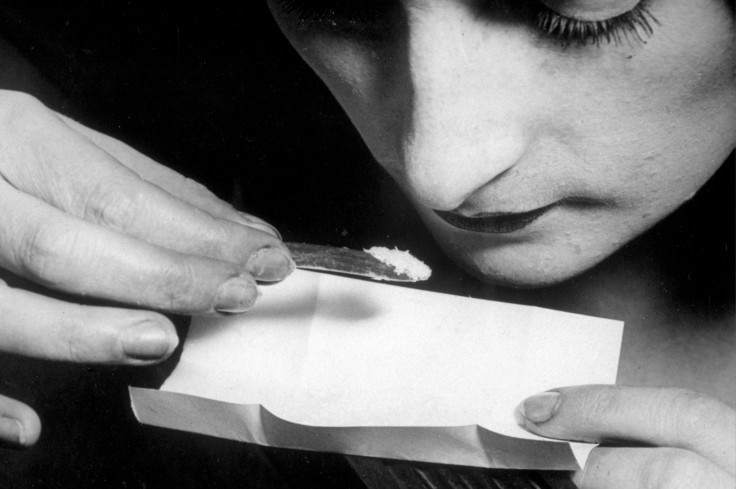Alcohol may increase compulsive cocaine use, according to rat study
Rats given alcohol prior to being offered cocaine continued consuming the stimulant even when shocked.

Alcohol may make people more vulnerable to compulsive cocaine use, according to an animal study.
In the recent study, rats who were given alcohol for 10 days prior to being offered cocaine demonstrated enhanced cocaine addiction behaviour, to the point where they continued consuming the drug despite being given an electric shock when they did so.
The results, published in the journal Science Advances, suggest that alcohol increases compulsive cocaine use by helping to break down an important protein that acts as a molecular brake pad inside the reward circuitry of the brain.
While cocaine addiction is commonly preceded by the use of other substances, the biological mechanisms by which these contribute to the subsequent addiction is only now beginning to be understood.
Less than a quarter of cocaine users become compulsive takers, a progression that is thought to be determined by both genetic and environmental factors.
"Most people who use an illicit drug do not go on to develop addiction," said Edmund Griffin from Columbia University Medical Center. "Our study helps us to understand how an early exposure to something like alcohol can actually tip the balance and increase a person's vulnerability to developing addiction."
The researchers compared the behaviour of rats that were given alcohol before being administered cocaine, to rats which were only given cocaine, or both drugs simultaneously.
"One group gets alcohol before starting cocaine and the other group just gets a water bottle for two hours a day before starting cocaine," Griffin said. "And what we found is that the animals in the alcohol priming group, they had enhanced behavioural responses. We looked not only at how much cocaine they used but also will they continue to use the drug even if you have a negative consequence, like a foot shock."
The rats who were administered alcohol before were found to be more persistent in seeking cocaine subsequently. These rats pressed a lever to try and release cocaine an average of 58 times during a period of the experiment when no drugs were being provided. By comparison, rats who were not given alcohol previously only pressed the lever 18 times.
Interestingly, prior cocaine use had no effect on the rats' preference for alcohol.






